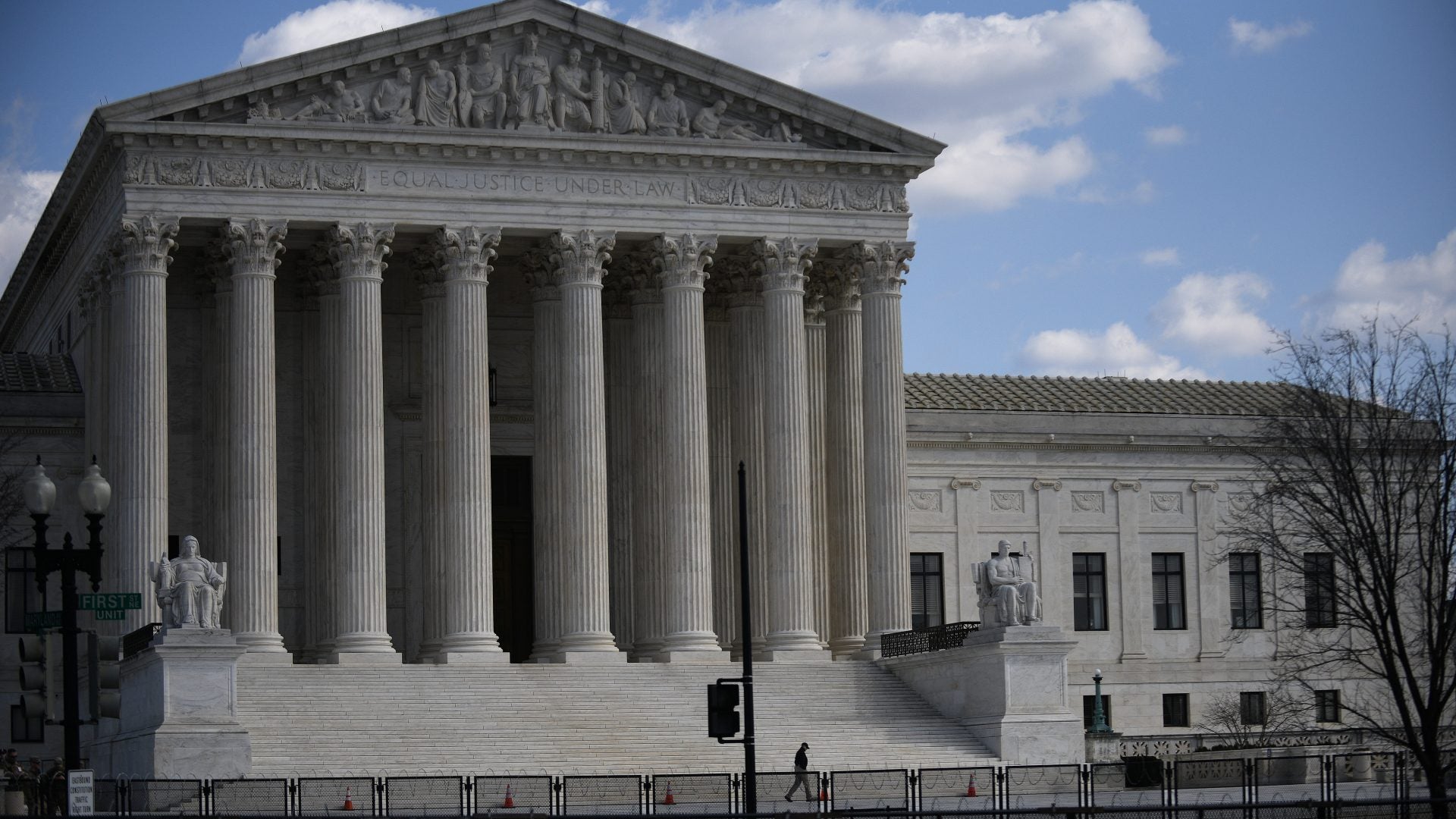
The Supreme Court has reaffirmed an important Fourth Amendment protection for victims of police violence. The court’s ruling, issued today (March 25), holds that police may not violate someone’s Constitutional rights by using excessive force if that individual is able to escape.
“The Supreme Court’s ruling comes at a moment when America is grappling with police violence against Black communities, and critically reaffirms that a Fourth Amendment seizure occurs when police use physical force on an individual, regardless of whether the individual is able to escape,” said Kevin E. Jason, Assistant Counsel for the NAACP Legal Defense and Educational Fund, Inc. (LDF).
The High Court’s ruling stems from the case of Torres vs. Madrid. On July 15, 2014, two New Mexico State Police officers approached Roxanne Torres in an apartment complex parking lot while looking for another individual to serve a warrant. Torres, believing the officers (who were not in uniform) were carjackers, started to drive away. According to media reports, officers said she almost ran them over. They fired 13 bullets, striking her in the back. Torres was arrested following the confrontation. She later filed a federal lawsuit alleging that the officers had used excessive force by shooting her.
A lower court ruled in favor of the officers, and the Tenth Circuit Court of Appeals affirmed it, until the Supreme Court’s 5-3 decision. Chief Justice John Roberts delivered the opinion of the Court, in which Associate Justice’s Stephen Breyer, Sonia Sotomayor, Elena Kagan and Brett Kavanaugh joined. Associate Justice Neil Gorsuch filed a dissenting opinion, which Clarence Thomas and Samuel Alito joined. New Associate Justice Amy Coney Barrett did not take part in the consideration or decision of the case.
In February 2020, LDF filed an amicus brief urging the Supreme Court to reach the result it affirmed today. The group’s lawyers noted that any other rule would leave many innocent victims of police violence without a legal remedy and would be particularly devastating for Black communities.
“The Supreme Court ensures that those who are subject to police violence will have access to the legal protections and remedies afforded to them by the Constitution,” said Jason.
The Fourth Amendment protects the “right of the people to be secure in their persons, houses, papers, and effects, against unreasonable searches and seizures.”
“This ruling is particularly important given how law enforcement uses weapons to oppress and intimidate Black communities,” added LDF Assistant Counsel Ashok Chandran. “By affirming its prior decisions defining the concept of seizure broadly, the Court has ensured that police officers who use excessive force cannot evade accountability because the victim of police violence manages to escape.”
